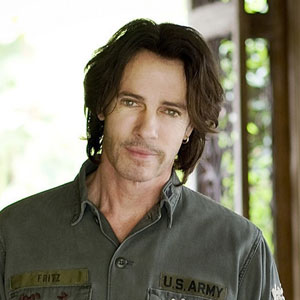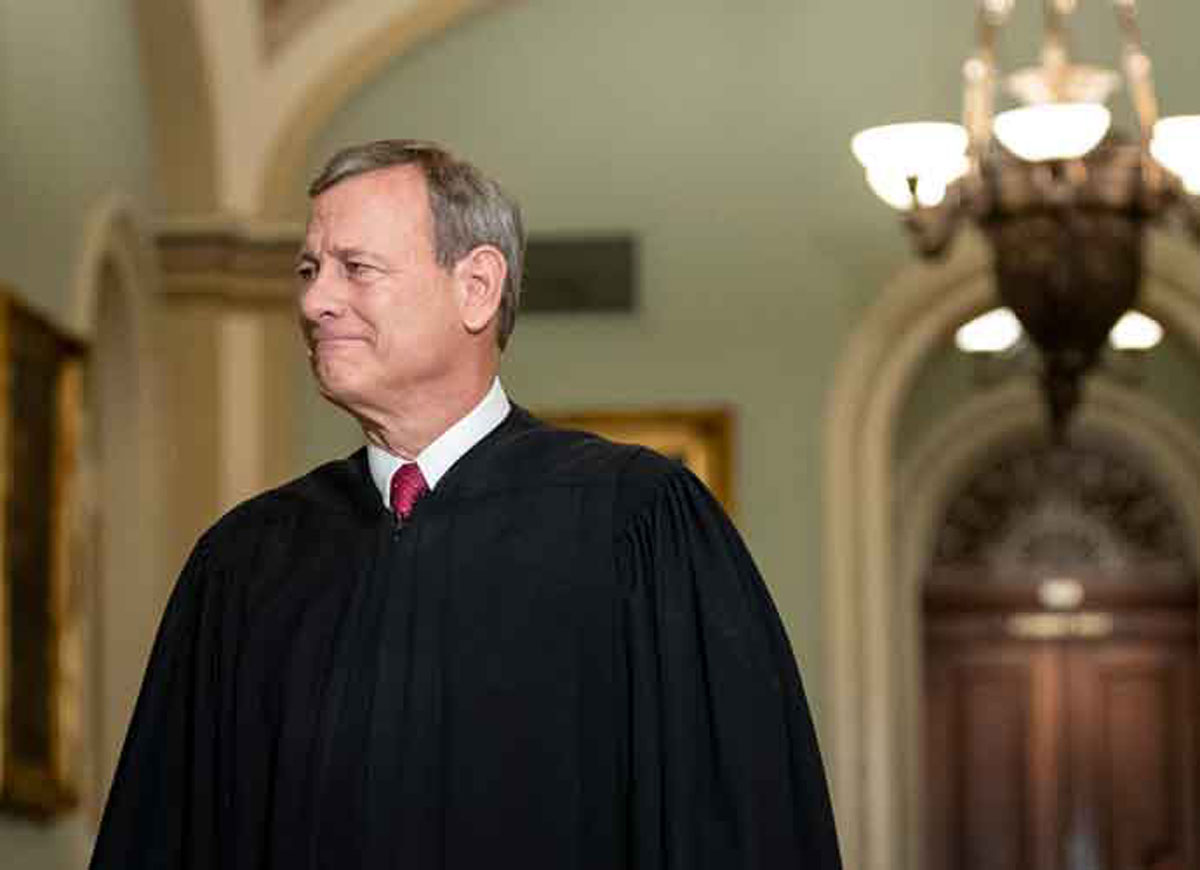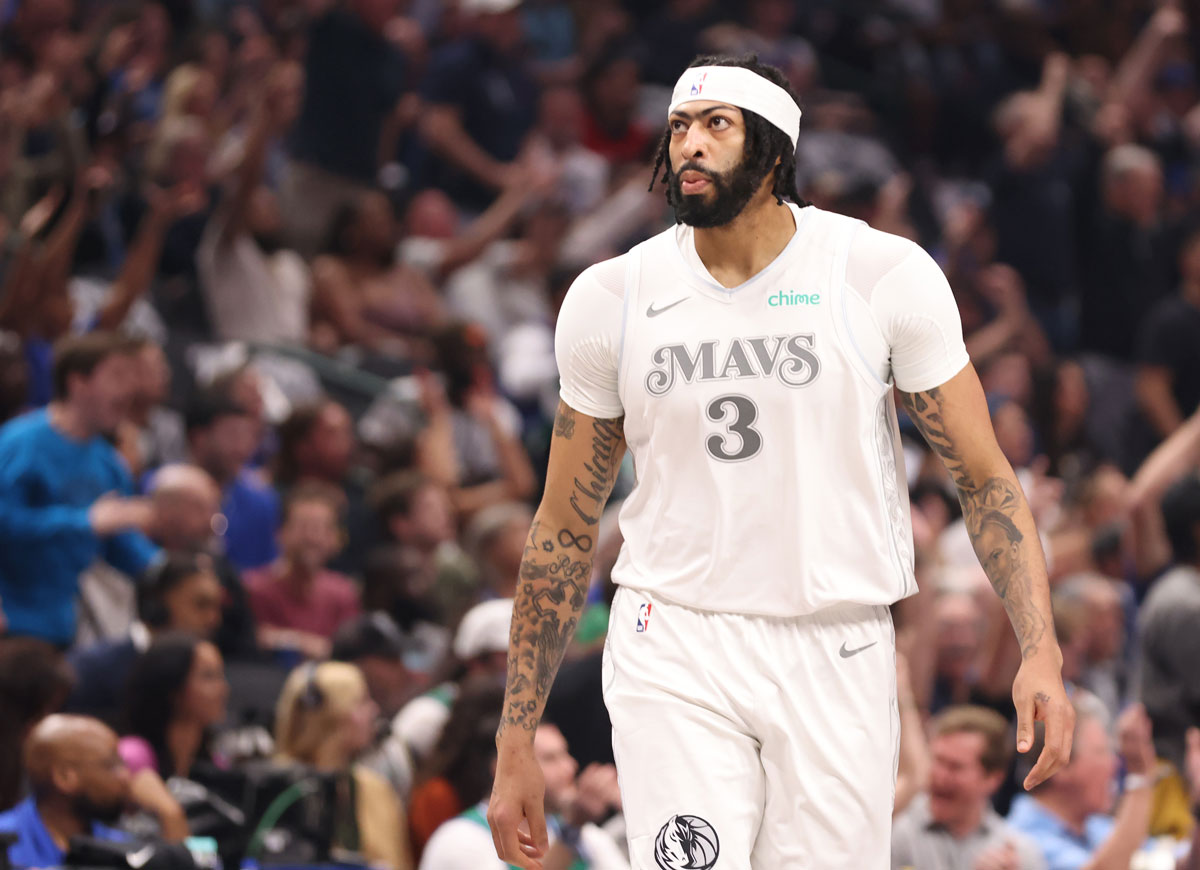Rick Springfield On 'Late Late At Night,' 'Californication,' 'General Hospital,' Acting Nude
Rick Springfield became an 80s sensation with his hit song "Jesse's Girl" and is now making waves again with his new autobiography, Late Late at Night, and a nude scene on Californication.
Springfield gained even greater popularity for his role as Dr. Noah Drake in General Hospital. He quickly became a General Hospital fan favorite, known for playing his part as a playboy and later on in the series, an alcoholic after he loses his wife. He went on for another star turn as James Roberts in the musical drama Hard to Hold released in 1984 playing a struggling pop rock star.
1 Comments
Leave a comment
Certainly the suicide attempt would be pretty low. After I had success, and I felt that would heal me and make it go away, and it didn’t — that was about the lowest I think. Realizing that success wasn’t going to heal it. That I still had work to do, and it wasn’t going to go away. And that was really kind of shocking, because I was sure that success would heal me. I think everyone kind of feels that. I think that’s a lot of the drive behind these reality shows, and these people doing absolutely anything to get on television and be famous for 15 minutes. I think they think at the bottom of it, it will make them all better.
I think definitely. I picked it first because I love music. I fell in love with music before I had any depression issue. I fell in love with it when I was like 11 years old. Fell in love with a guitar. I just loved guitars. Picking them up. I’d have them all over my house. That was the first thing. Then I fell in love with the fact that there were kids out there, not much older than me, writing and playing their own music.
We were 17, and I was just playing in a club band. It was called a "show band," and I don’t know if they have anything similar to it now. We were playing “Girl From Ipanema,” you know that kind of stuff. Really what I wanted to do musically was, I wanted to start writing my own stuff. I wanted to play rock 'n' roll, and I didn’t want to be stuck in a nightclub for the rest of my life. Then the leader of the band came to us one day, and said, “We’re going to Vietnam. We’re going to play for the troops.” And I love traveling; I thought it’d be really great. I wasn’t really that aware of how bad the war was over there. I knew there were troops over there. I think I thought it was more like South Korea, where there’s just troops kind of hanging around, in case something happened. I didn’t really know there was a full-blown war going on. So I got over there and realized it wasn’t a Bob Hope USO tour. We’d be helicoptered in and helicoptered out. We bunked with the GIs. And we’d play for soldiers on the bed of a truck, or on some stage they hastily built. And probably 10 times while we were playing, we’d get rockets coming in and mortared. So it was definitely a different experience than what I had hoped for or expected.
That was a very driven period of my life. I was very focused — I was really just hitting brick walls. I’d get a record deal and I’d get excited, and then the record company would fold. It was really a hard time for me. I saw a lot of my friends coming over from Australia and giving it like a year or two and then going home, and I felt like I just couldn’t go home without having done something. So that kind of resolve drove me during that period. I think eventually I met up with some of the right people — people that really helped me through it and helped me have faith in myself. And that’s really all it is in the end. Just having faith, you know? Otherwise, why would you put yourself through all that?
It was pretty much how I expected it. I was kind of pissed off that it had taken so long. I’d been there for like 10 years. I got there in like 1972, and had my first success in like '81. I was going, “What’s different?” and I think it was just timing. Someone said luck is timing plus being prepared. And I’m glad I stayed there long enough for the timing to happen. So I definitely stayed there long enough, I was writing the whole time. I was never discouraged, even though I hadn’t had any hits, because I had faith that I would eventually get there. It was great. It was a rocket ride for sure, but I think the biggest surprise was people trying to use me to get their piece. I hadn’t really anticipated that. Like some lawyer would invite me out to dinner and say things like, “You know I can do this for you, and the guy you’ve got right now is really screwing your career.” It was a bit of a shock to me because I actually still believe that everybody, deep down in their heart, is a good person. So that was a shock to me.
Reaction has been great. I was worried I’d get some people saying, “I’m from the Bible Belt and I’m never going to watch you again.” But it was great. Everybody knows what that show is. You know not to watch it if you don’t like that sort of thing. I knew what kind of show it was, and I knew what I was getting myself into. I don’t have any problem with being naked. I think you either have a problem being naked or you don’t. I think saying, “It depends on the storyline” is kind of a bullshit nerves thing.
No, I was just curious that I had to sign a sex and profanity waiver. I've never had to do that before. But I was very confident with the part. I read the part. I knew it was being done for humor. It was part of the funny part of the show. And the writing was great. And it wasn’t me – I was concerned at first about playing “Rick Springfield,” but it wasn’t me that I was playing. It was a character named Rick Springfield that I was playing, and I was very into that. The writing is great, and the actors are all great and everybody has as much fun as you think they might have on that show.
RELATED ARTICLES
Get the most-revealing celebrity conversations with the uInterview podcast!






Hi Rick,
My name is Reenie I am a big fan of yours I seen you in concert 2 times already.
once in Rochester New York in 1980 and at the TURNING STONE CASINO. My mom was holding you
up when you where standing on a girls wheel chair. I waited by the stage door for. hours until you came out. But you did not . I was so upset I wanted to
talk to you so bad . I love your acting and your music
Peace and Love